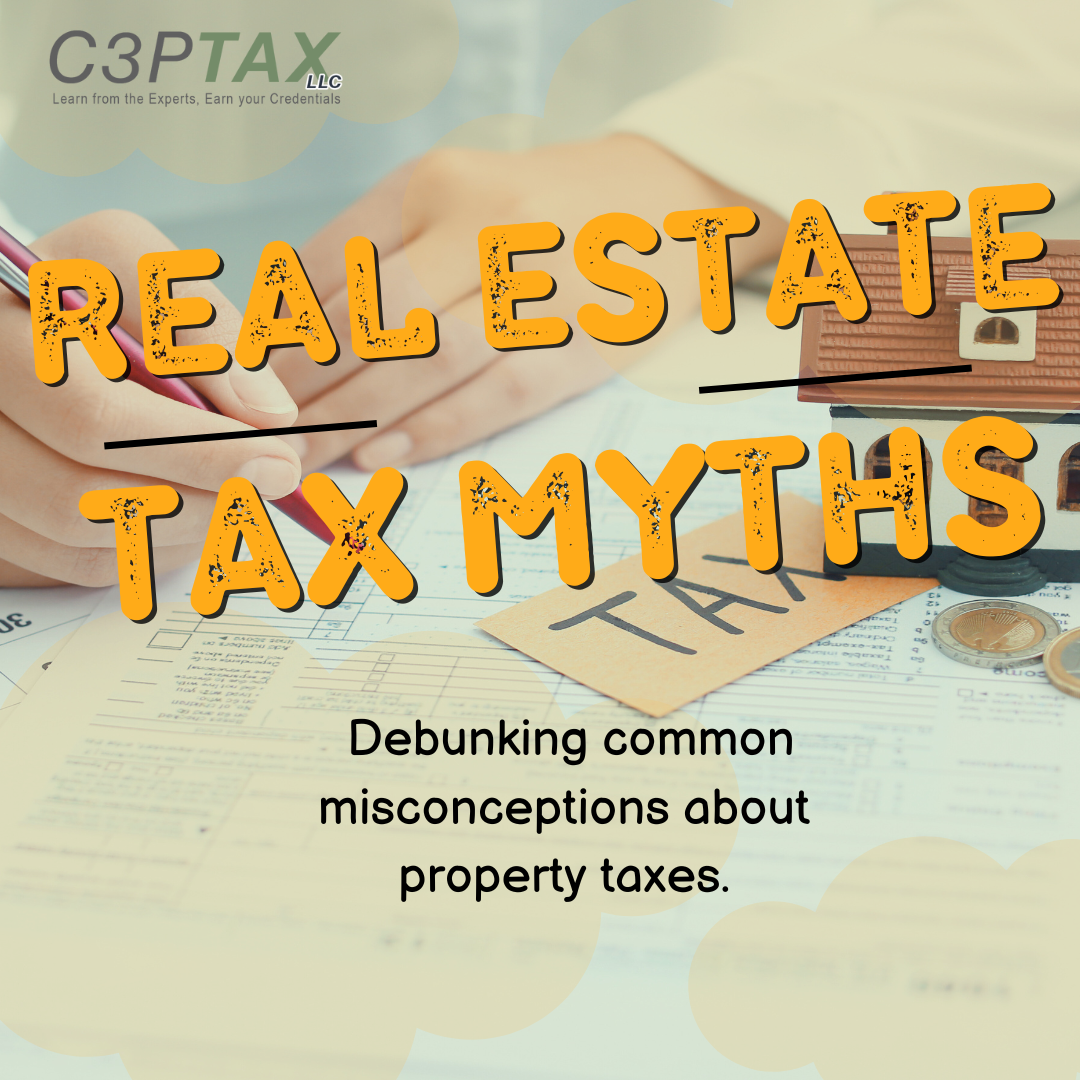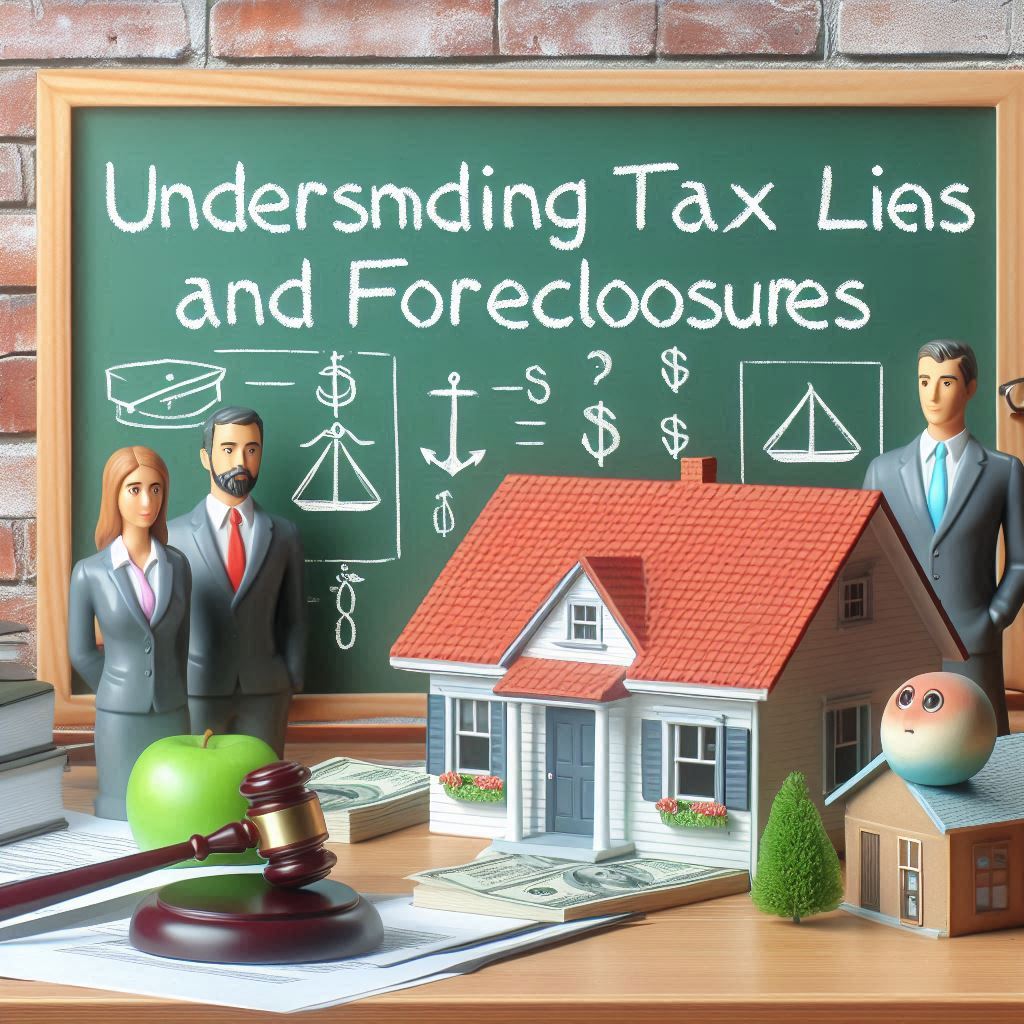


Introduction to Property Taxes in Real Estate
Property taxes are a critical component of the real estate landscape. Essentially, property taxes are levies imposed by municipal governments on real estate based on the assessed value of the property. These taxes serve as a primary source of revenue for local governments, funding various public services such as schools, road maintenance, and emergency services. Understanding property taxes is vital for anyone involved in buying or selling real estate, as these taxes can significantly influence the overall cost and value of property transactions.
The calculation of property taxes typically involves multiplying the assessed value of a property by the local tax rate. Assessed values are determined by property assessors who evaluate the property’s market value, considering factors such as location, size, use, and condition. Once the market value is established, an assessment ratio is applied to derive the assessed value, which is then used to calculate the property tax liability. It’s important to note that tax rates and assessment practices can vary significantly between different jurisdictions, leading to varying tax burdens for similar properties in different areas.
The purpose of property taxes extends beyond revenue generation. By taxing real estate, local governments encourage the efficient use of land and resources within their jurisdictions. Higher property taxes can deter speculation and underutilization of valuable land, promoting development and occupancy. Conversely, lower property taxes may attract investors and developers to specific areas, boosting economic activity and growth.
In the context of real estate transactions, property taxes play a pivotal role. Buyers need to consider the annual tax burden when evaluating potential purchases, as high property taxes can affect affordability and overall investment returns. Sellers, on the other hand, must be aware of how property taxes impact their property’s marketability and final sale price. As such, a thorough understanding of property taxes is essential for both buyers and sellers navigating the real estate market.
How Property Taxes Influence Homebuyers
The impact of property taxes on homebuyers is profound and multifaceted, influencing various stages of the purchasing process. One of the primary ways property taxes affect potential homebuyers is through the tax rates levied by local governments. These rates can vary significantly depending on the location, with some regions imposing higher taxes to fund public services such as schools, infrastructure, and emergency services. Homebuyers must consider these rates as part of their overall financial planning when assessing the affordability of a property.
Property assessments also play a crucial role in shaping the financial landscape for homebuyers. Local authorities periodically assess properties to determine their current market value, which in turn influences the property tax amount. If a property is assessed at a higher value, the tax burden increases, thereby impacting the buyer’s annual expenses. Buyers need to be vigilant about how often assessments occur and the potential for increases in assessed values over time, which can lead to higher taxes.
The overall tax burden is a critical consideration for homebuyers, affecting their long-term financial commitments. High property taxes can deter potential buyers, especially if the taxes exceed a manageable portion of their income or budget. This financial strain can be a deciding factor in whether a buyer proceeds with a purchase or looks for alternatives in regions with lower tax rates.
Furthermore, property taxes influence a buyer’s decision-making process by affecting the total cost of homeownership. Buyers often use mortgage calculators that include estimated property taxes to gauge their monthly payments. Elevated property taxes can push these payments beyond affordable limits, making certain homes less attractive despite their other appealing features.
In addition to immediate affordability, homebuyers must also consider the long-term financial implications of property taxes. As property values rise, taxes often follow suit, potentially leading to escalating costs that could strain future budgets. This foresight is essential for buyers aiming to maintain financial stability over the years.
Impact of Property Taxes on Home Sellers
Property taxes play a significant role in the real estate market, influencing both buyers and sellers. For home sellers, property taxes can notably impact the ability to price their property competitively. When property taxes are high, sellers might need to adjust their asking price to maintain attractiveness in the market. Potential buyers often consider the total cost of ownership, which includes property taxes, and may be deterred by properties with higher tax burdens.
Moreover, property taxes can affect a seller’s ability to attract buyers. Higher property taxes can lead to a reduced pool of interested buyers, particularly in areas where comparable homes have lower tax rates. Sellers need to be mindful of the local property tax environment and may need to provide incentives or additional value propositions to keep the property appealing.
Property tax assessments also factor heavily into the selling process. These assessments determine the value on which property taxes are based and can fluctuate, sometimes unexpectedly. A recent reassessment leading to higher property taxes can catch sellers off guard, potentially complicating the sale process. Additionally, disparities between assessed values and market values can lead to buyer skepticism and further complicate negotiations.
Sellers must prepare for potential tax-related challenges by staying informed about their property’s assessed value and any changes in local tax rates. It is advisable for sellers to review their latest property tax bills, consider appealing the assessment if it seems disproportionate, and be transparent with potential buyers about current tax obligations.
In conclusion, property taxes have a multifaceted impact on home sellers. They influence pricing strategies, buyer attraction, and the overall sale process. By understanding these impacts and preparing accordingly, sellers can navigate the complexities associated with property taxes more effectively, ultimately facilitating a smoother transaction.
Property Tax Assessments and Their Role in Transactions
Property tax assessments are a fundamental component of real estate transactions, influencing both buyers and sellers. The assessment process is typically conducted by local government entities, such as county assessor offices or municipal tax departments. These assessments determine the value of a property for taxation purposes, considering various factors such as location, size, usage, and comparable market values. The goal is to estimate a fair market value, ensuring that property taxes are distributed equitably among property owners.
Assessments significantly impact property values, as they directly correlate with the amount of property tax a homeowner must pay annually. A higher assessed value means higher property taxes, which can affect a buyer’s decision-making process and a seller’s pricing strategy. It becomes crucial for both parties to understand how these assessments are conducted and to factor them into their financial planning.
However, discrepancies in property tax assessments can occur, leading to potential disputes. Differences may arise due to outdated data, clerical errors, or subjective judgment in the assessment criteria. These discrepancies can result in overvaluation or undervaluation, affecting the overall fairness of the property tax system. When such issues arise, homeowners have the right to appeal the assessment. The appeals process allows property owners to present evidence supporting their claim for a reassessment, potentially leading to an adjusted, fairer valuation.
Appeals and reassessments play a significant role in real estate transactions as they can alter the perceived value and tax liabilities of a property. This, in turn, impacts negotiations between buyers and sellers. For instance, a successful appeal resulting in a lower assessment can make a property more attractive to potential buyers, while an increased assessment might deter prospective purchasers due to higher future tax obligations.
Understanding the intricacies of property tax assessments is essential for anyone involved in real estate transactions. It ensures that buyers and sellers make informed decisions, considering all factors that influence property value and tax implications. By staying informed about the assessment process and knowing how to handle discrepancies, stakeholders can navigate the complexities of property taxes more effectively.
Regional Variations in Property Taxes
Property tax rates and policies exhibit significant variation across different regions, influencing real estate transactions in multifaceted ways. High-tax areas often have robust public services, which can enhance property values but also impose a greater financial burden on property owners. Conversely, low-tax regions might attract buyers seeking to minimize their long-term financial commitments, but they may lack the extensive public infrastructure found in high-tax areas.
For buyers, understanding the regional differences in property tax rates is crucial. In high-tax areas, potential homeowners might face higher annual costs, which could affect their overall budget and borrowing capacity. For sellers, the resale value of their property can be affected by the prevailing tax rates. High property taxes may deter potential buyers, thus prolonging the selling process or necessitating a lower asking price to attract interest.
The implications extend beyond individual transactions to influence broader market trends. High-tax regions might experience slower population growth or even out-migration as residents seek regions with lower tax burdens. This migration can lead to shifts in real estate demand, affecting property prices and the availability of homes. Conversely, low-tax areas can become attractive hubs, prompting an influx of new residents and stimulating local real estate markets, albeit sometimes at the cost of strain on public services and infrastructure.
Furthermore, regional tax policies can significantly impact commercial real estate. Businesses may choose locations based on property tax incentives, which can foster economic development in low-tax regions. However, these same regions must balance the need to maintain quality public services without the higher revenue generated by elevated property taxes.
In essence, the regional variations in property taxes create dynamic and complex landscapes for real estate transactions. Buyers and sellers must navigate these differences, taking into account how local tax policies might impact the financial and logistical aspects of purchasing or selling property. This nuanced understanding can ultimately inform more strategic and beneficial real estate decisions.
Strategies for Managing Property Taxes in Real Estate Transactions
Effective management of property taxes is crucial for both buyers and sellers in real estate transactions. A well-devised strategy can not only minimize financial burdens but also streamline the entire process. Key to this is comprehensive tax planning and budgeting. Buyers should consider the impact of property taxes on their overall financial situation, assessing their long-term affordability. Similarly, sellers should be aware of any potential tax liabilities that may arise from the sale, ensuring they are well-prepared to meet these obligations.
Engaging with tax professionals can greatly enhance one’s understanding and management of property taxes. These experts can offer tailored advice based on individual circumstances, helping navigate complex tax laws and identify potential savings. They can also assist in accurately estimating property taxes, ensuring there are no surprises post-transaction. Furthermore, tax professionals can aid in the proper documentation, ensuring compliance with all relevant tax regulations.
Taking advantage of tax exemptions and deductions is another effective strategy for managing property taxes. For instance, buyers may be eligible for homestead exemptions, which can significantly reduce the taxable value of their property. Sellers, on the other hand, might benefit from deductions related to selling costs, such as real estate commissions and home improvements. Awareness and utilization of these financial tools can result in substantial tax savings.
Budget considerations are equally important when dealing with property taxes. Buyers should incorporate property tax estimates into their long-term financial planning, ensuring they can comfortably manage these recurring expenses. Sellers, meanwhile, should account for any outstanding property taxes in their sale price negotiations, ensuring a fair and balanced transaction.
In conclusion, managing property taxes effectively requires a multi-faceted approach. Whether buying or selling real estate, comprehensive planning, professional guidance, and strategic use of financial tools can help mitigate tax-related challenges and optimize financial outcomes.
The Long-term Impact of Property Taxes on Real Estate Investment
Real estate investment is often viewed as a lucrative venture, but the long-term impact of property taxes cannot be understated. Property taxes, a significant ongoing expense, play a crucial role in determining the profitability and overall return on investment (ROI) for real estate investors. These taxes, levied by local governments, are based on the assessed value of the property, which can fluctuate significantly over time.
A high property tax rate can substantially reduce the net income generated from rental properties, thereby lowering the ROI. For instance, higher property taxes mean increased operating expenses for landlords, which can lead to lower net operating income (NOI). Consequently, when evaluating potential investments, investors must carefully consider the property tax implications, as they can significantly affect cash flow and long-term financial projections.
Changes in tax policy can also have profound effects on real estate investment strategies. For example, if a local government decides to increase property tax rates to fund public services, the additional cost burden on property owners can diminish the attractiveness of real estate investments in that area. Conversely, tax incentives or abatements offered by local authorities can make certain regions more appealing to investors, potentially offsetting some of the tax burdens and enhancing ROI.
Market conditions and demographic shifts can further influence the long-term impact of property taxes. In rapidly growing areas, rising property values can lead to higher property tax assessments, which may increase operating costs for investors. However, higher property values also typically correspond to higher rental income potential, which can mitigate some of the adverse effects of increased taxes. Investors must remain vigilant and adapt their strategies to align with these dynamic factors.
In conclusion, property taxes are a critical component of real estate investment that can significantly affect profitability and ROI. Investors must account for property tax rates, policy changes, and market conditions when devising their investment strategies to ensure long-term success. Balancing these elements is essential for maximizing returns in the ever-evolving real estate market.
Future Trends and Policy Changes in Property Taxes
Looking ahead, the landscape of property taxes is poised for significant transformation driven by evolving economic conditions and potential policy reforms. One of the prominent trends is the shift towards more equitable tax structures. Policymakers are increasingly recognizing the need to balance the tax burden between residential and commercial property owners. This trend is likely to manifest through adjustments in assessment practices, tax rates, and exemptions aimed at promoting fairness and reducing disparities.
Economic factors, such as inflation and shifting demographics, will also play a crucial role in shaping future property tax policies. As the economy evolves, local governments may revisit property tax bases and valuation methods to ensure they remain aligned with current market conditions and property values. This could lead to periodic reassessments and updates to tax rates, impacting both buyers and sellers in the real estate market.
Another potential policy change on the horizon is the implementation of technology-driven efficiencies in property tax administration. Advanced data analytics and geographic information systems (GIS) are likely to streamline property assessments, enhancing accuracy and transparency. Such technological advancements can also facilitate more efficient tax collection processes, benefiting both taxpayers and local authorities.
Moreover, as sustainability becomes a critical focus, we may see the introduction of green tax incentives and credits aimed at encouraging environmentally-friendly real estate developments. These incentives could significantly influence property values and investment decisions, thereby impacting real estate transactions.
Stakeholders in the real estate market must stay informed and adaptable to navigate these potential changes. Engaging with local tax authorities, participating in public consultations, and leveraging professional advice from tax experts will be essential strategies for preparing for impending shifts in property tax policies. By staying proactive and informed, buyers, sellers, and investors can better position themselves to capitalize on opportunities and mitigate risks associated with future property tax reforms.
 Français
Français 














